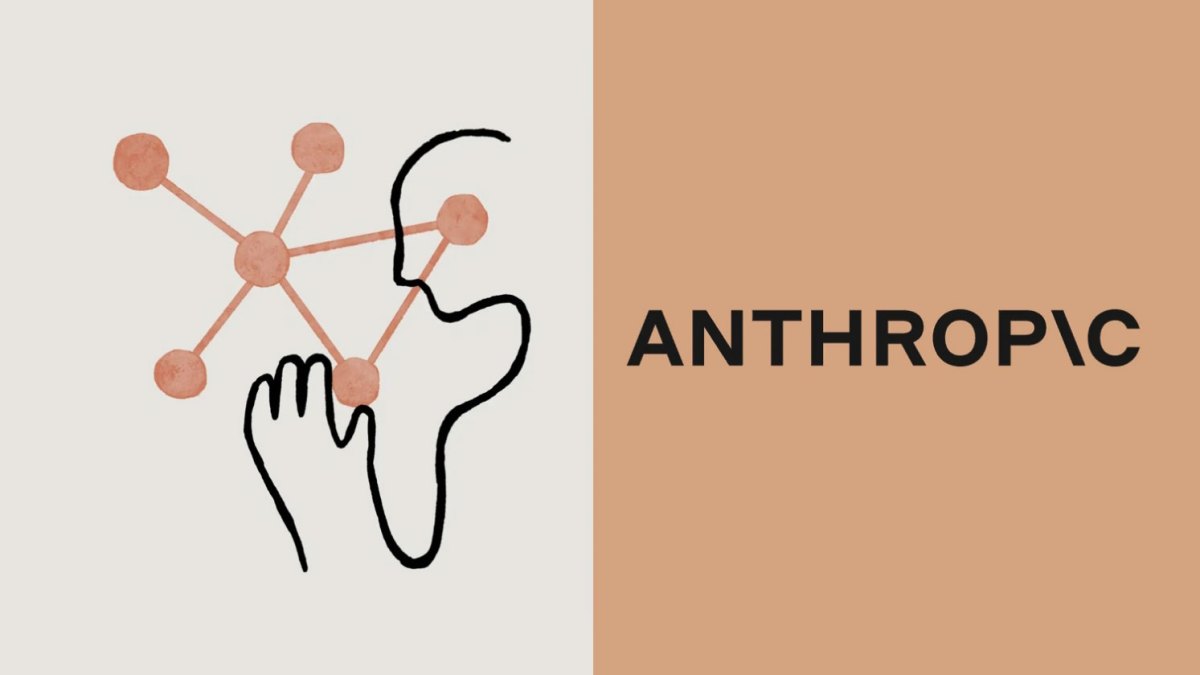Anthropic Releases Claude 2, a New AI Chatbot Model with Enhanced Capabilities
Kernekoncepter
Anthropic introduces Claude 2, an advanced AI chatbot model, showcasing enhanced capabilities and improved performance compared to its predecessor.
Resumé
Anthropic's latest release, Claude 2, is a text-generating AI model that offers superior features like better performance on exams, coding tests, and math problems. The model has been trained on recent data sets and aims to address issues like hallucination and toxic text generation. Anthropic emphasizes the importance of deploying these systems responsibly while continuously improving their performance.
Anthropic releases Claude 2, its second-gen AI chatbot | TechCrunch
Statistik
The API pricing remains at ~$0.0465 to generate 1,000 words.
Claude 2 scores higher than Claude 1.3 in various tasks: bar exam (76.5% vs. 73%), medical licensing exam multiple choice section, Codex Human Level Python coding test (71.2% vs. 56%), and GSM8K math problem collection (88%).
Claude 2 can analyze roughly 75,000 words and generate around 3,125 words.
Citater
"We believe that it’s important to deploy these systems to the market and understand how people actually use them." - Sandy Banerjee
"Training data regurgitation is an active area of research across all foundation models." - Sarah Silverman
"[Our] internal red teaming evaluation scores our models on a very large representative set of harmful adversarial prompts." - Sandy Banerjee
Vigtigste indsigter udtrukket fra
by Kyle Wiggers kl. techcrunch.com 07-11-2023
https://techcrunch.com/2023/07/11/anthropic-releases-claude-2-the-second-generation-of-its-ai-chatbot/
Dybere Forespørgsler
How can AI developers effectively address issues like hallucination and toxic text generation in models like Claude?
To address issues like hallucination and toxic text generation in AI models such as Claude, developers can implement several strategies:
Data Filtering: Developers can filter training data to remove biased or harmful content that may lead to the generation of toxic text. By ensuring that the model is trained on diverse and ethical datasets, they can reduce the likelihood of generating harmful responses.
Bias Detection Algorithms: Implementing bias detection algorithms during training and inference stages can help identify and mitigate biases in the model's outputs. This proactive approach allows developers to catch potentially harmful responses before they are generated.
Fine-tuning Techniques: Fine-tuning the model on specific tasks or domains while incorporating ethical guidelines can help steer the AI towards producing more accurate and less harmful responses. Continuous monitoring of model behavior post-deployment is crucial for identifying any instances of hallucination or toxicity.
Human Oversight: Incorporating human oversight mechanisms where experts review and validate the outputs generated by the AI model can act as a safeguard against hallucination and toxic text generation. Human-in-the-loop systems ensure responsible deployment of AI technologies.
By combining these approaches, AI developers can work towards minimizing issues related to hallucination and toxic text generation in advanced chatbot models like Claude.
What are the potential ethical implications of using advanced AI chatbots like Claude in high-stakes situations?
The use of advanced AI chatbots like Claude in high-stakes situations raises several ethical considerations:
Accuracy and Reliability: In critical scenarios involving health, legal matters, or emergency response, relying solely on an AI chatbot for decision-making could pose risks due to potential errors or inaccuracies in its responses. The lack of accountability for incorrect information provided by the chatbot raises concerns about reliability.
Privacy Concerns: High-stakes situations often involve sensitive personal data shared with an AI chatbot for assistance or guidance. Ensuring robust data privacy measures to protect user information from breaches or misuse becomes paramount when deploying these technologies.
Liability Issues: If an error occurs while using an advanced AI chatbot like Claude in a critical situation leading to negative outcomes, determining liability between users, developers, and organizations becomes complex. Clear guidelines must be established regarding responsibility for decisions made based on chatbot recommendations.
4 .Informed Consent: Users interacting with advanced AI chatbots should be informed about their limitations, capabilities, and potential risks involved when seeking advice or making decisions based on their responses—obtaining explicit consent from users becomes essential in high-stakes contexts.
5 .Algorithmic Transparency: Understanding how decisions are made by these sophisticated algorithms is crucial for ensuring accountability and fairness within high-stakes applications where significant consequences may arise from erroneous recommendations provided by the system.
How does constitutional AI impact development & deployment of models like Claude?
ConstitutionalAI plays a significant role impacting both development & deployment processesofmodelslikeClaudeinthe following ways:
1 .Ethical Framework: ConstitutionalAI provides a setofprinciplesandvalues that guide themodel’sbehavioranddecision-makingprocesses.These principles aimtoensurethatthemodeloperatesinanon-toxic,harmless,andhelpfulmanner.Thisethicalframeworkshapeshowthedevelopersapproachtraining,dataselection,andmodelfine-tuningtopromotepositiveoutcomeswhilemitigatingrisksassociatedwithunintendedconsequencesorbiasesinthemodel’soutputs
2 .Interpretability&Adjustability: ModelslikeClaudebenefitfromconstitutionalAIduetotheirincreasedinterpretabilityandadjustability.Developerscanmoreeasilyunderstandhowthemodelmakesdecisionsbasedontheembeddedprinciples,makingitpossibletomakequickadjustmentswhennecessary.Thisleveloftransparencyenhancesaccountabilityandsupportsthecontinuousimprovementofthemodelovertime
3 .ComplexityManagement: AsthemodelssuchasClaudebecomemoresophisticated,theuseofconstitutionalAIhelpsmanagethecomplexityinvolvedindeterminingthepersonality,capabilities,andlimitations.Throughatrialanderrorprocess,constitutionalAIservesasanavigationaltoolfordevelopersastheystrivetoreducethedegreeofturbulenceinthetrainingprocessandensuresmootherdeploymentsofthesemodelsinreal-worldscenarios
4 .CustomizationPotential: WhilecurrentimplementationsmaynotyetallowforfullcustomizationofconstitutionalAIprinciples,AIdevelopersareexploringwaystoenableusersortrainedprofessionalstoadjustthesetvalueswithinlimits.TailoringtheseprinciplestoalignwithspecificapplicationsorcontextsisthefuturedirectionthatcouldoffergreaterflexibilityandadaptationcapabilitiesformodellikeClaudewhilemaintainingahighstandardofsafetyandeffectiveness
0
